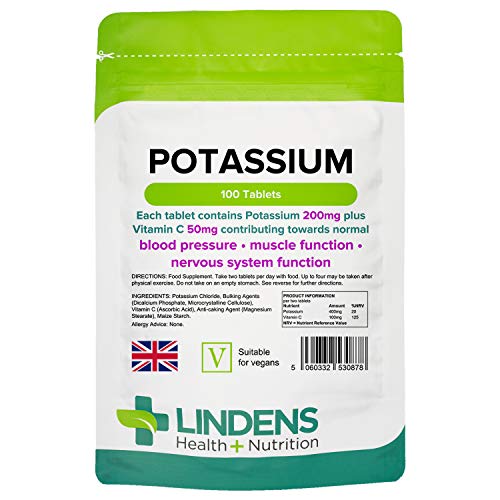Understanding Potassium: What It Is and Why We Need It
What is Potassium?
Potassium is a vital mineral and electrolyte that plays significant roles in our body. It helps regulate our heartbeat, ensure proper muscle function, and maintain balanced fluid levels. Without enough potassium, our nerves and other cells may not function properly, leading to various health issues.
The Importance of Potassium in Our Diet
Potassium is essential for maintaining healthy blood pressure levels and can reduce the risk of stroke. It aids in muscle contractions, which includes not just our limbs but also the muscles in the heart and digestive system. An adequate intake of potassium helps us stay hydrated and contributes to our overall well-being, making it an important part of our daily nutrition.
Top Food Sources of Potassium: Easy Ways to Boost Your Intake
Fruits and Vegetables
One of the easiest ways to increase our potassium intake is through fruits and vegetables. Bananas are often the first food that comes to mind, but it’s not the only option. Avocados, sweet potatoes, spinach, and oranges are all rich in potassium. Incorporating a variety of these foods into our meals can ensure we meet our daily requirements.
Legumes and Nuts
We can also find potassium in legumes and nuts. Beans, lentils, and chickpeas not only provide potassium but also offer protein and fibre. Nuts, particularly almonds and pistachios, are another great source. Adding these to our snacks or meals can help us easily boost potassium levels.
Potassium Supplements: When to Consider Them and How to Choose
Understanding When to Use Supplements
While getting potassium from food is ideal, sometimes we may need to consider supplements. This might be necessary if we have specific health conditions, such as kidney disease or if our diets are significantly low in potassium-rich foods. It’s important to consult a healthcare provider to determine if potassium supplements are right for us.
Choosing the Right Supplement
If we decide to pursue potassium supplements, it’s crucial to choose high-quality products. We should look for those that provide potassium in a form our body easily absorbs. Additionally, always check the dosage; too much potassium can be harmful, so following recommended guidelines is essential.
Signs of Potassium Deficiency: What to Look Out For
Recognising the Symptoms
Being aware of the signs of potassium deficiency can help us take action promptly. Common symptoms include muscle weakness, fatigue, and irregular heart rhythms. Some may experience cramping or digestive issues, such as bloating or constipation. If we notice any of these symptoms, it could indicate a need for more potassium in our diet.
When to Seek Help
If we suspect a potassium deficiency, it’s wise to seek medical advice. A healthcare provider can perform tests to determine our potassium levels and give tailored advice on how to address the deficiency effectively.
Incorporating Potassium into Your Diet: Practical Tips for Everyone
Simple Changes to Your Meals
To easily increase potassium in our diet, we can make some simple changes. Start by adding a serving of fruit or vegetable at each meal; for instance, adding spinach to our omelette or including a banana with our breakfast. We can replace regular snacks with potassium-rich options like nuts or yogurt with fruit.
Planning Ahead
Meal planning can also be beneficial. By preparing meals that focus on potassium-rich ingredients, we can ensure we meet our daily needs without feeling overwhelmed. Whether it’s incorporating beans into our salads, choosing baked potatoes instead of fries, or blending a smoothie with a variety of fruits, there are plenty of ways to include more potassium in our diets.















